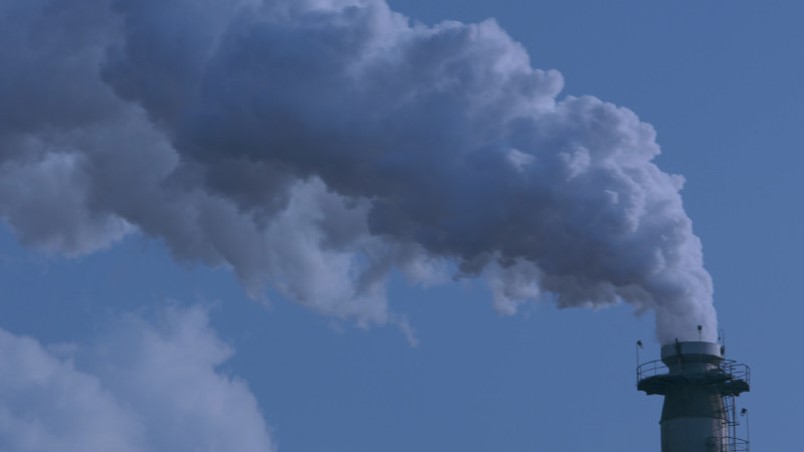
Nearly a third of carbon dioxide emissions end up in the oceans, triggering chemical reactions that make the water more acidic, which in turn harms marine life. As global temperatures warm, the planet’s remaining polar ice caps are melting, contributing to unprecedented sea level rises, increasingly violent weather events, the release of additional earth-warming gases, such as methane, and the collapse of marine ecosystems.
Pause and take a moment to reflect on the potential impacts of these choices on Earth and her inhabitants.There are two primary questions that can guide our actions: What are the effects of this item or activity, both positive and negative, on animals and the environment? Are there any alternatives that may be less harmful or even provide some benefit? These two questions can guide our individual responsibility to reduce our consumer footprint, reduce animal suffering, and contribute to a healthy environment for generations to come.
What we eat defines our ecological footprint. The production of animal-based foods is linked to higher greenhouse gas emissions than plant-based foods. A vegan diet requires a third of the land needed to support a meat-heavy diet, and overall wastes less of the resources we desperately need to conserve.
Read More About climate change:
https://www.conservation.org/what/Pages/Climate.aspx
Read more about Veganism: